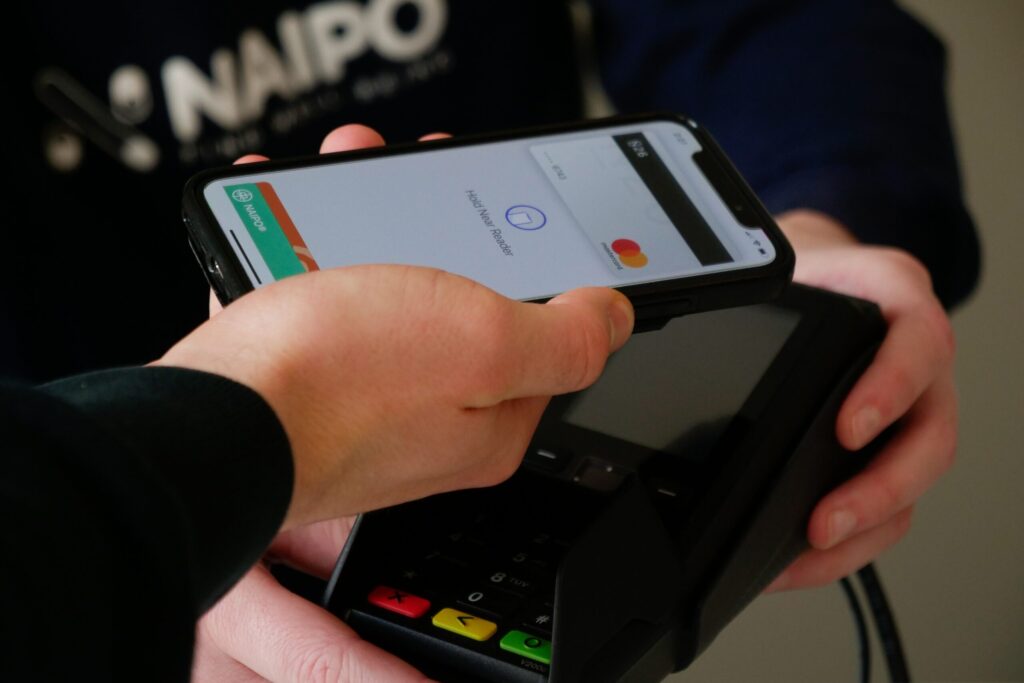- Work Hard
- 25th Mar 2023
- 1.1k Views
- 0
- 1 minutes
Debt charity director reveals the top tips for managing credit card debt

The cost-of-living crisis has seen a rise in credit card debt. That’s why we caught up with Richard Lane, Director of External Affairs at StepChange Debt Charity to find out how to stop getting into an expensive borrowing cycle.










Comments